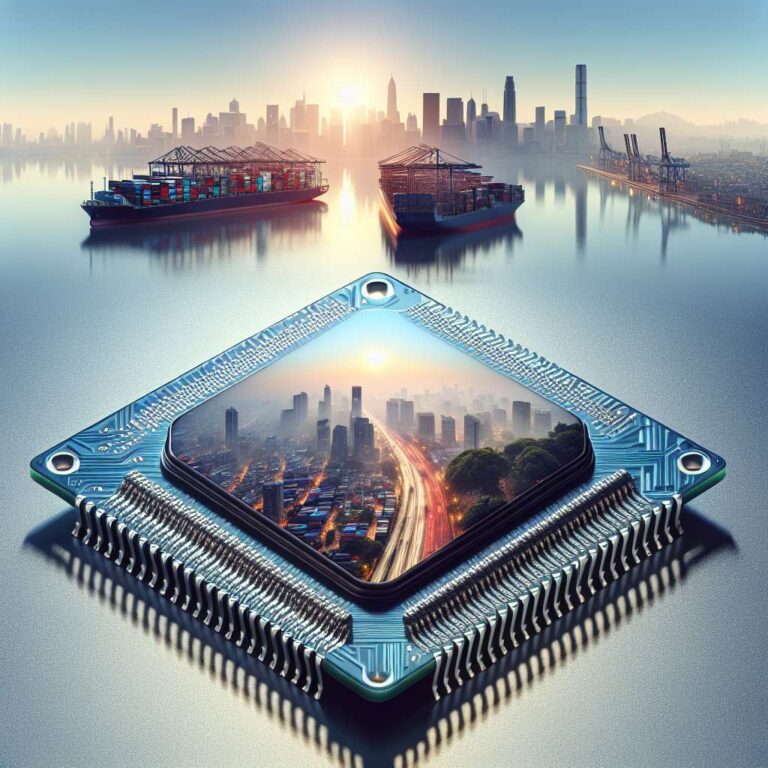AMD CEO Dr Lisa Su has stated that chips produced for AMD by TSMC in their United States facility will carry a price premium of 5% to 20% compared to those manufactured by TSMC in Taiwan. In an interview with Bloomberg, Su emphasized that while these higher costs may seem significant, the investment is justified by the strategic gains in supply-chain resilience. Drawing on lessons from the COVID-19 pandemic, Su highlighted how disruptions underscored vulnerabilities in global chip supply, creating costly ripple effects across industries dependent on advanced semiconductors.
TSMC´s Arizona-based manufacturing plant is at the forefront of this shift, operating its most advanced process at 4 nm using extreme ultraviolet lithography. The N4 series nodes—such as N4P—are a critical part of AMD´s portfolio, supporting the production of central processing units, graphics processors, field-programmable gate arrays, and a variety of specialized devices. Despite the operational cost gap between the US and Taiwan fabs, AMD believes the addition of a US-based supply line not only insulates the company from shocks but also aligns with broader national interests in technological independence.
Looking ahead, AMD is preparing a generational leap with its upcoming ´Zen 6´ family of CPUs, which will utilize TSMC’s new N2 (2 nanometer nanosheet) technology. This transition is expected to primarily impact the core complex dies for both desktop and server processors under the Ryzen and EPYC banners. Complementary input/output dies for these platforms, meanwhile, will advance to the TSMC N4P node from the current N6, signaling a dual-track approach to process advancement. As AMD navigates these transitions, Su´s message is clear: the added cost of local manufacturing is an investment in both long-term competitiveness and reliability in a world where secure and diversified supply chains have become strategic imperatives.

